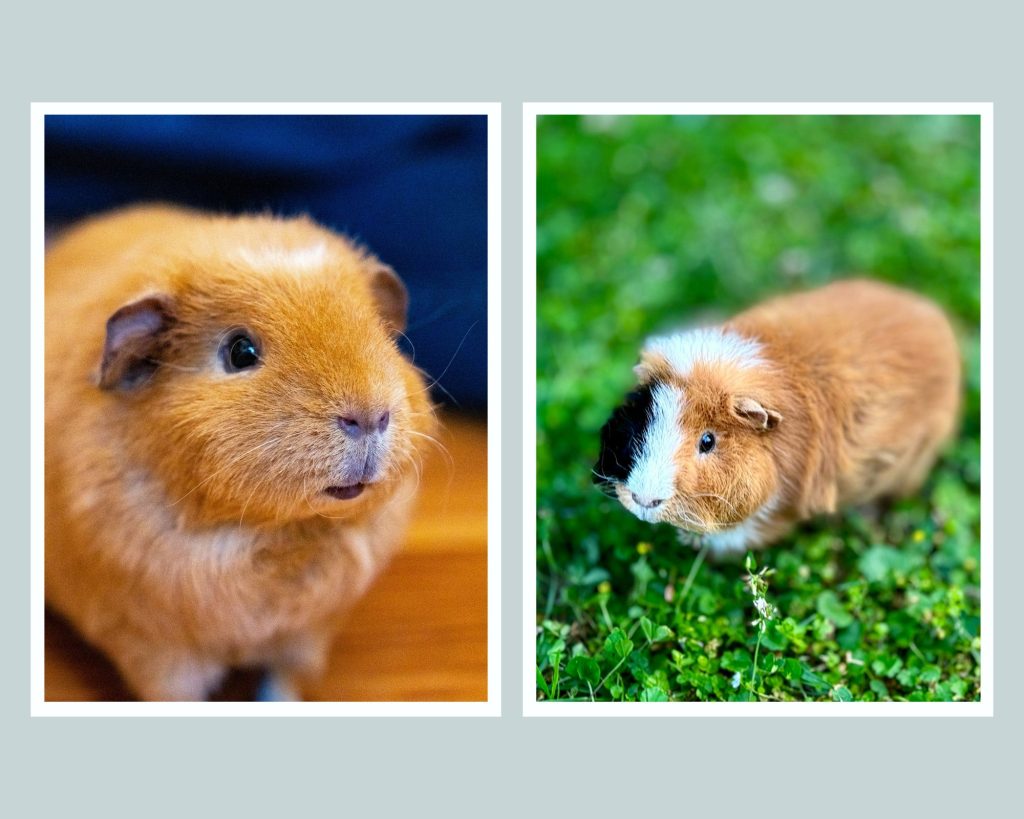Today is Guinea Pig Appreciation Day: the science behind our furry friends
Welcome to Guinea Pig Appreciation Day, a celebration dedicated to our small, furry friends who have charmed their way into our hearts and homes.
But did you know that they also have a fascinating history and made significant contributions to science? Let’s delve into why we appreciate guinea pigs and explore the science behind these little creatures.

The origins of Guinea Pig Appreciation Day
Guinea Pig Appreciation Day, observed annually on 16 July, was established to honour and recognise the joy these pets bring to countless households around the world. It’s a day to celebrate their companionship, unique behaviors, and the roles they play beyond being adorable pets.
A brief history of guinea pigs
Guinea pigs were domesticated over 3,000 years ago by the indigenous people of the Andes in South America. They were initially bred for food, and their cultural significance is still evident in various South American traditions today. The Spanish conquistadors brought guinea pigs to Europe in the 16th century, where they quickly became popular pets due to their friendly and social nature.
What else do we know about the unique biology of guinea pigs?
Social behaviour
Guinea pigs are highly social animals that thrive in the company of their kind. They communicate through a variety of sounds, including purring, wheeking, and chirping, each indicating different emotions and needs. This social behaviour makes them fascinating subjects for studying animal communication and social structures.
Dietary needs
Guinea pigs have unique dietary requirements, particularly their need for a constant supply of fresh hay and vitamin C. Their digestive system is specially adapted to process large amounts of fibre, and their inability to produce vitamin C necessitates a diet rich in this nutrient to prevent scurvy
Lifespan and reproduction
With a lifespan of 5 to 7 years, guinea pigs have relatively long lives for small rodents. They have a gestation period of about 68 days, and their pups are born fully furred and with their eyes open, ready to explore the world.
Guinea pigs in scientific research
So what are the contributions that guinea pigs make to the scientific world?
Guinea pigs have been invaluable in scientific research in the fields of medicine and genetics as their physiology and genetics are quite similar to humans.
Here are a couple of key contributions:
- Vitamin C research: Unlike most mammals, guinea pigs cannot synthesise their own vitamin C, making them ideal for studying scurvy and the importance of this essential nutrient. This research has had significant implications for human health and nutrition.
- Hearing research: Guinea pigs’ auditory system closely resembles that of humans, making them valuable for studying hearing and developing treatments for hearing loss.
- Behavioural studies: Guinea pigs are also used in behavioural studies due to their social nature and complex communication systems. Researchers study their vocalizations, social interactions, and stress responses to gain insights into animal behaviour and welfare.
Celebrating Guinea Pig Appreciation Day
There are many ways to celebrate Guinea Pig Appreciation Day and show your furry friends some extra love:
- Spoil them with treats: Offer your guinea pigs a variety of fresh fruits and vegetables that are safe for them to eat. Ensure they get their daily dose of vitamin C with treats like bell peppers, kale, and strawberries.
- Enrichment activities: Provide new toys, tunnels, and hiding spots to keep your guinea pigs entertained and stimulated. They love to explore and play, so get creative with their habitat.
- Health check-up: Schedule a veterinary check-up to ensure your guinea pigs are in good health. Regular vet visits are essential for catching any potential health issues early.
- Social time: Spend quality time with your guinea pigs, giving them gentle pets and allowing them to interact with you. They enjoy human companionship and will appreciate the extra attention.
- Educational activities: Learn more about guinea pigs and their role in science and history. Share your knowledge with friends and family to spread appreciation for these wonderful animals.
Guinea Pig Appreciation Day is a perfect opportunity to celebrate the joy and companionship these little creatures bring into our lives. Their contributions to science and medicine, along with their endearing behaviours, make them truly special.
